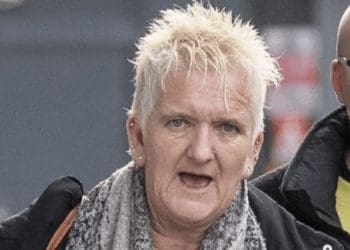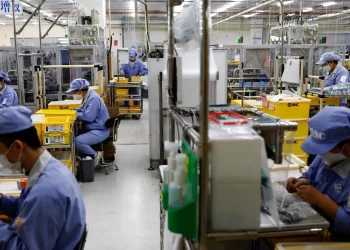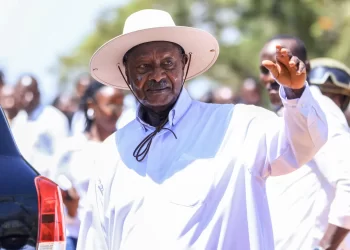Sidi Ould Tah—a seasoned economist and former Mauritanian Minister of Economic Affairs and Development—has been elected President of the African Development Bank (AfDB) during the institution’s annual meetings in Abidjan, Côte d’Ivoire.
He replaces outgoing President Dr Akinwumi Adesina, who has steered the bank’s affairs over the last 10 years. The African Development Bank Group held its presidential election on Thursday, 29 May 2025, during its 2025 Annual Meetings in Abidjan, Côte d’Ivoire.
In all, five candidates contested for the role: Senegal’s Amadou Hott, South African Swazi Bajabulile Tshabalala, Mauritania’s Sidi Ould Tah, Zambia’s Samuel Munzele Maimbo, and Chad’s Mahamat Abbas Tolli.
After the first round of voting, Amadou Hott polled 17.62%, Swazi Bajabulile Tshabalala polled 8.24%, and Sidi Ould Tah secured 33.21%. Zambia’s Samuel Munzele Maimbo led the first round with 40.415, and Mahamat Abbas Tolli had 0.52%.
In the second round, Sidi Ould Tah secured 48.41%, Samuel Munzele Maimbo, 36.68%, Swazi Bajabulile Tshabalala polled 5.90%, and Amadou Hott had 9.02%.
Sidi Ould Tah subsequently secured 76.18% to meet the required 50.01% at the third round to win the AfDB presidency. Samuel Munzele Maimbo polled 20.26% and Amadou Hott secured 3.55% in the third round of voting.
This pivotal election comes at a critical time as the African continent seeks deeper economic partnerships and sustainable development strategies.
The AfDB’s annual meetings drew participation from 81 shareholder countries, reflecting the institution’s global significance.
Ould Tah previously served as Director General of the Arab Bank for Economic Development in Africa (BADEA) and brings over three decades of experience in African finance, development policy, and international cooperation.
Strategic choice for Africa’s future
Ould Tah’s appointment signals a renewed focus on economic resilience, climate action, and infrastructure development across the continent.
With his extensive experience in both public and private sector finance, stakeholders are hopeful for a revitalised push toward inclusive growth and innovative development financing.
Four candidates contested for the top position at a time when the bank faced numerous challenges, including foreign aid cuts, the withdrawal of U.S. support under President Donald Trump, and ongoing repercussions from global trade tensions.














